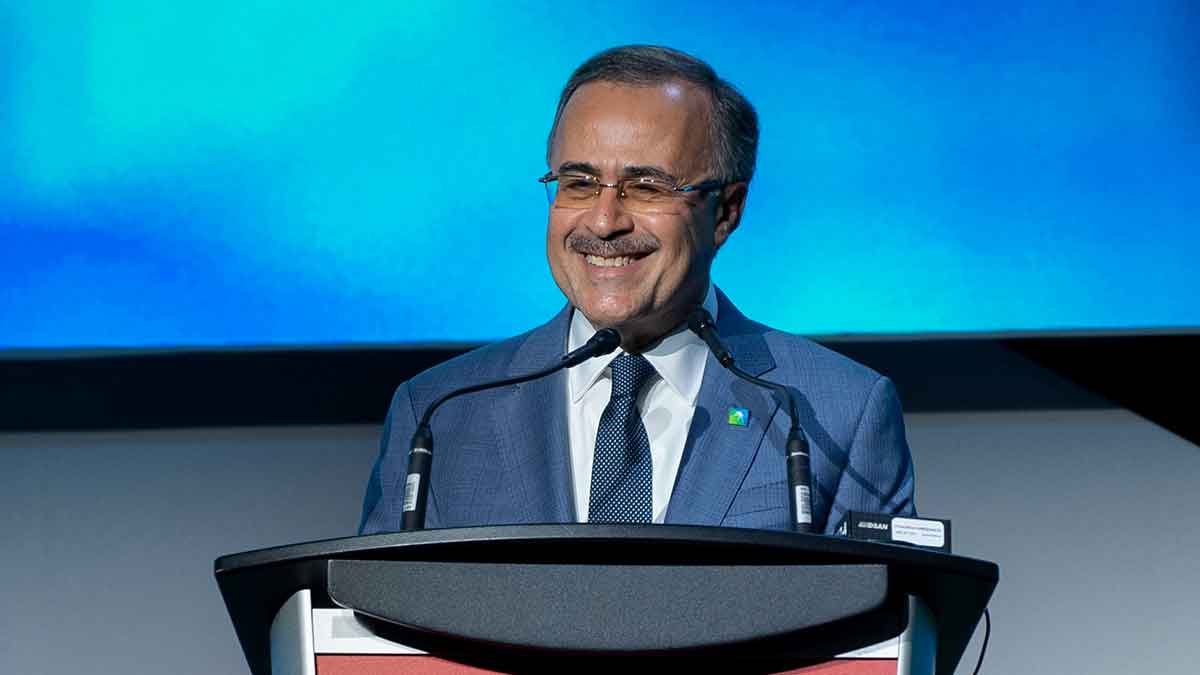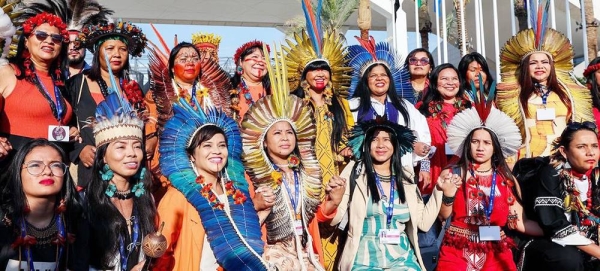
Most countries have signed up to the Paris Accord within the UN Framework Convention on Climate Change (UNFCCC), which came into force in November 2016. The agreement’s primary goal was to limit the rise of the earth’s temperature to 1.5 degrees Celsius to stop climate change from reaching catastrophic dimensions.
A lot has happened since the drafting of the agreement. The US announced its intention to withdraw in 2017 and is set to exit next year. That did undermine the consensus somewhat, yet most countries stand behind the Paris accord.
The planet has been raging with unprecedented levels of wildfires, floods, and powerful tropical storms. Scientists analyzed the situation with growing concerns and several OECD governments started to act first, announcing that their countries would go carbon neutral by 2050.
The young sprang into action. A schoolgirl from Sweden, Greta Thunberg, started her school strike for the environment last year. She was able to garner the attention of hundreds of thousands of young people and turn her activism into a movement. Schoolchildren across the globe started to skip school on Fridays, accusing the older generation of “stealing their future.” Their demonstrations were at times vociferous, but not as obstructionist as extinction rebellion’s, who managed to bring traffic in central London to a complete standstill.
Politicians reacted to the voice of the young by declaring even more ambitious climate goals. They heeded demands to bring a carbon neutral economy forward to 2030. The incoming president of the EU commission promised a green deal — reminiscent of US Congresswoman Alexandra Ocasio-Cortez in terminology, but not in substance. Interestingly, the former executive director of the UNFCCC, Christiana Figueres, warned that one should be careful not to set extraordinarily high aims. She told CNN earlier this year that she considered going to zero carbon emissions by 2040 more realistic than 2030.
This brings us to what is realistic and feasible and how the dialogue can become less polarized. Currently there is a debate among climate change activists, who gather in symposia, conferences and on the streets. They move comfortably in their own bubble advocating a climate emergency and at times drastic measures. On the other side of the equation industry circles and analysts have their own conferences, where they point out that fossil fuels will be needed well into the latter half of this century and that global oil demand will be growing into the 2030s or even 2040s. This group feels just as secure in their arguments as the former group. The problem is that both circles engage primarily with themselves and fail to reach across for a constructive, reasonable factual dialogue.
This situation is very dangerous. Politicians get carried away by the demands from the streets, especially as they represent an untapped reservoir of young voters. Their policy suggestions at times reflect aspirations rather than the art of the possible. The question has to be how we can achieve our ambitious climate change goals while keeping the lights on. The debate has to be broadened to address the climate versus security of energy supply conundrum.
The current political climate in several OECD countries puts pressure on many sectors, especially finance.
Cornelia Meyer
The current political climate in several OECD countries puts pressure on many sectors, especially finance. Last week’s decision by the European Investment Bank to cease funding all carbon-based sources of fuel including the relatively clean gas was significant, especially in the context that the European Bank for Reconstruction and Development is considering a similar course of action. They are already out of coal, but looking at oil and gas.
These institutions are the lenders of last resort, which means that what they do gets noticed by commercial financial institutions and may be followed over time. Insurers such as AXA, Swiss Re or Munich Re have already engaged on this course with respect to coal. They are on both sides of the equation as climate change: Every forest fire, flood or hurricane has a real impact on their bottom line.
Another example is the livestock industry. Many advocate alternative meats and vegetarianism. That may be an interesting notion. We have to remember though, that in many developing countries, meat and eggs are the only available sources of protein. Bringing their eggs, chicken and goats to market helps mothers afford education for their sons and, more importantly, their daughters.
This is an important debate and both sides owe it to future generations to carry it out in a civilized manner, genuinely listening to each other’s arguments. While we need to take care of the planet, we also need to ensure secure and affordable access to energy. The economy of the future will put new demands on the uninterrupted supply of electricity.
The debate affects both energy producers and consumers in equal measure and will necessitate changes in behavior on both sides. We need international discussions where both sides can listen and learn from each other. The basis of the conversation has to be facts and science not emotions. This will provide opportunities to debate many ideas and initiatives like Saudi Energy Minister Prince Abdulaziz bin Salman’s constructive proposal of a circular carbon economy.
• Cornelia Meyer is a business consultant, macroeconomist and energy expert. Twitter: @MeyerResources
Disclaimer: Views expressed by writers in this section are their own and do not necessarily reflect Arab News" point-of-view











